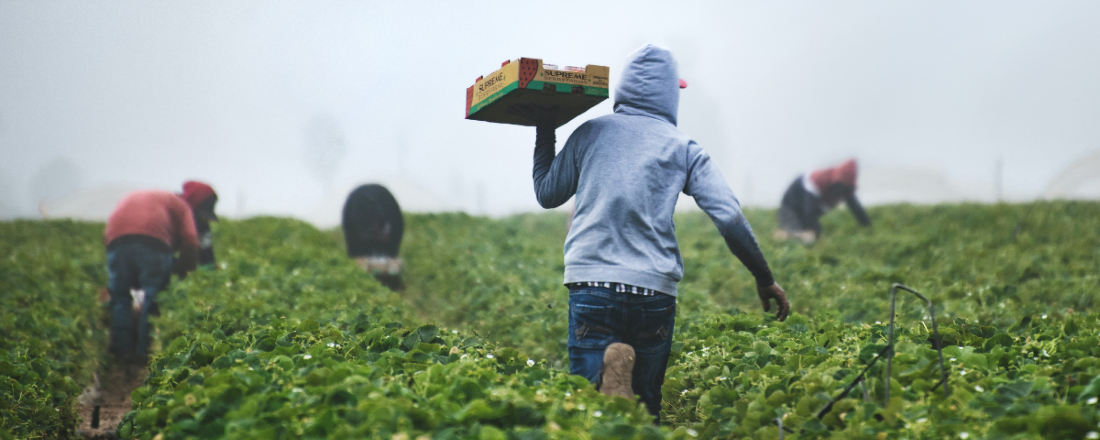
In the News
Resilience for Farmworkers and Farms Key to Ventura County’s Future
- John Krist and Carmen Ramirez
-
Focus Areas
Healthy Communities -
Issues
Climate Change, Rural Health, Wildfires & Extreme Heat -
Expertise
Public Policy Advocacy -
Programs
Achieving Resilient Communities (ARC)

The warming climate is bad news for all of us. In Ventura County, however, few are as vulnerable to its dangers as farmers and farmworkers.
Farming operators and farmworkers are engaged in a constant dance with the weather. So for them, the scenarios predicted by climate modelling for this region — longer and deeper droughts, fewer but more intense rain events, rising temperatures, more frequent and more destructive wildfires — pose particular risks.
This is why we both support the new Achieving Resilient Communities project now underway in the county. The project, spearheaded by the Public Health Institute, is launching a “Cool Communities” initiative to reduce dangerous heat in homes, neighborhoods, parks and workplaces. Although the two of us may disagree about some policy issues, we both believe that protecting farming and farmworkers is critical to our county’s future.
Researchers from the California Department of Public Health estimate that Ventura County will see a 3.6° to 6.0°F increase in annual average temperature by the end of this century. Alarmingly, Ventura County has already experienced a 2.6°F increase in average heat since 1895, more than any other county in the United States, according to an analysis by the Washington Post. This is unwelcome news for farmworkers and farm owners.
Farmworkers are particularly vulnerable to heat impacts due to their need to wear protective clothing and exposure to direct sunlight as a fundamental component of their jobs. After working in the fields under the hot sun, a farmworker’s internal body temperature can rise to dangerous levels. The ability to quickly recover is threatened if farmworkers cannot cool down with water, shade and rest.
Exposure to wildfire smoke creates an additional health concern. Studies have shown that repeated exposure to particulate matter from wildfire smoke is associated with spikes in hospital room visits and fatalities from asthma and chronic obstructive pulmonary disease. After the 2017 Thomas Fire, some farmworkers reported health effects such as coughing, headaches, difficulty breathing, nausea, and nosebleeds.
The threat of climate change makes farmworkers and farm owners allies in building resilience for the communities and farms vulnerable to heat and fire. The good news is we already have precedent for such collaboration.
A small group of farmworker advocates and agricultural employers met for many months in 2016 and 2017 to help the County of Ventura create the Farmworker Resource Program, the first of its kind in California. That same group also coordinated a training program for agricultural field supervisors, which later was incorporated into the ag program at Ventura College. And the group served as the core of what grew into a much larger collaboration in 2020 to coordinate communication and outreach to farmworkers and agricultural employers about health and safety during the COVID-19 pandemic.
That partnership continues today as the Farmworker Health Collaborative, and includes agricultural leaders, community-based organizations such as CAUSE, Lideres Campesinas and MICOP, and county agencies.
Agriculture literally shapes Ventura County. Yet it cannot survive without healthy and productive farmworkers. This gives everyone here a stake in keeping farmworker families safe and farm employers profitable.
John Krist is chief executive officer of the Farm Bureau of Ventura County. Carmen Ramirez, an attorney who spent her career representing farmworker families, is a county supervisor representing the Fifth District.
Click below to read the full op-ed in the Ventura County Star.
Originally published by Ventura County Star
More Updates
Work With Us
You change the world. We do the rest. Explore fiscal sponsorship at PHI.
Support Us
Together, we can accelerate our response to public health’s most critical issues.
Find Employment
Begin your career at the Public Health Institute.



